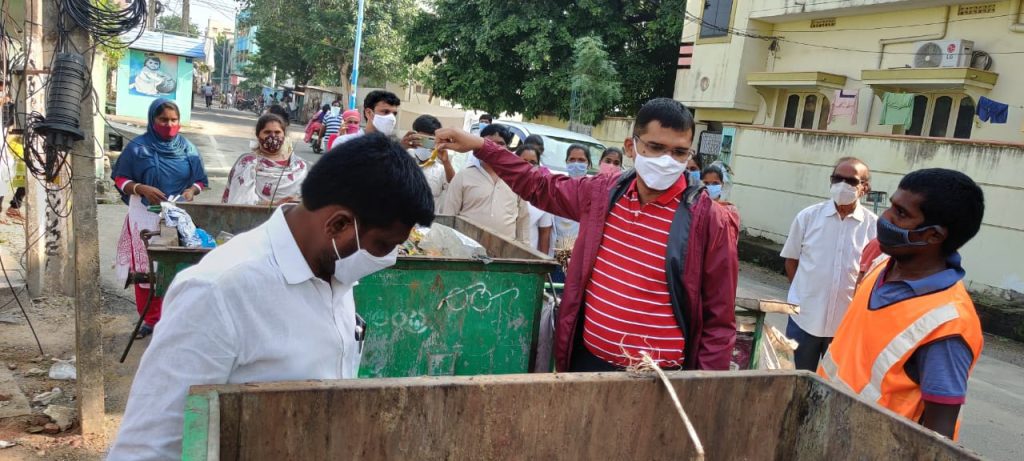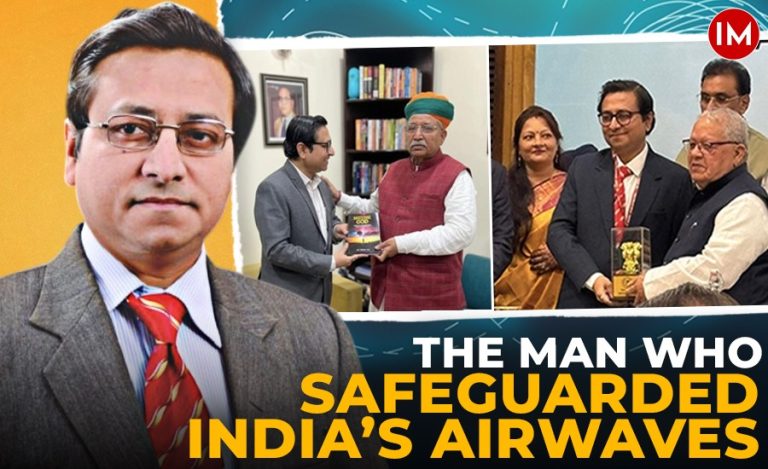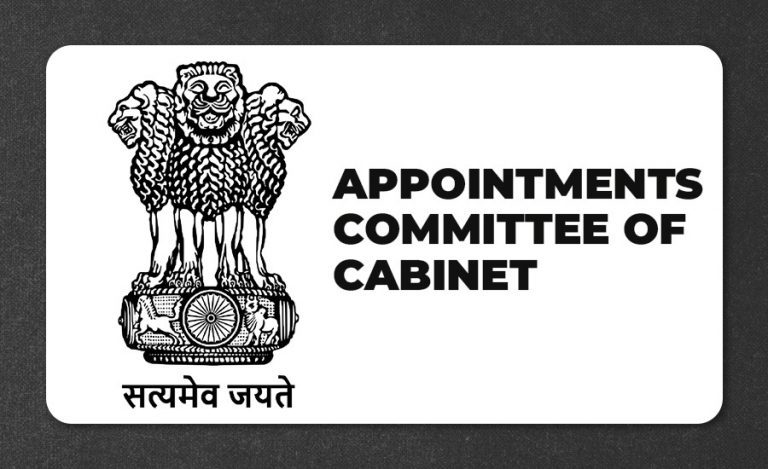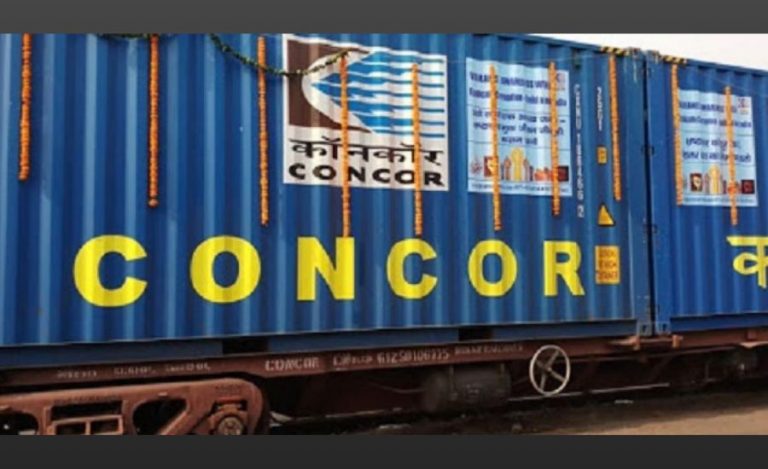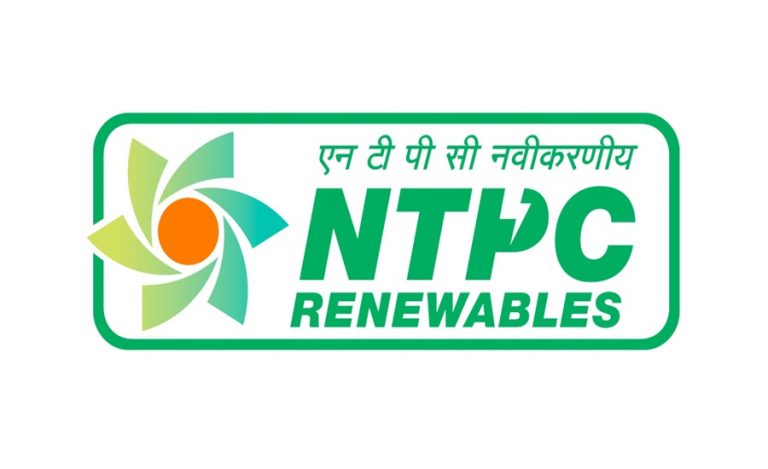When subtlety is lost on the masses, use dramatic intervention. So the people of Kakinada town in Andha Pradesh where quite shocked one day when they received – as a return gift- the garbage which they had earlier thrown on the road sides. And the man who came up with this unique technique to foster sense of cleanliness and discipline among the people was Kakinada’s Municipal Commissioner Mr Swapnil Pundkar.
In fact, Mr Pundkar named the program `Return Gift Campaign’. And it’s already showing remarkable results. This not-so-subtle slap on peoples’ insensivity to garbage dumping has resulted in much cleaner look to the city. Certainly, the approach has brought shift in the mindset of the local population.
But Mr Pundkar makes it amply clear that a very small percentage of Kakinada population which indulged in indiscriminate garbage throwing on the roads. And it was to these “bad apples’’ that the district administration was teaching a lesson.
THE ISSUES
In an exclusive interview with Indian Masterminds, Mr. Pundkar said “One of most common issue in the country, which we also face, is that out of the total population a small percentage of people don’t cooperate with us in keeping the city clean. Despite getting all the adequate service, people throw garbage on sidewalks, roads and other places where there are no bins.”

He added, “From our side, we have around 1,200 sanitary workers out of which 900 workers collect garbage from each and every house on a daily basis. Apart from this, we have shifted to a digital alternative for monitoring purposes; for this, we have installed RFID (radio-frequency identification) tags on the gate of each household of the city. By scanning these tags every morning, we have a record of the sanitary workers visiting households daily and collecting garbage from people.”
The data is hence monitored after the collection, and the defaulters who don’t handover the garbage to the sanitary workers are listed down. Simple isn’t it- but so effective!
THE RETURN GIFT CAMPAIGN
However, Mr. Pundkar found out during his morning inspections that some people were still littering the city with their garbage. He decided it would be better to teach them a lesson by returning the garbage to them.
As a first step, Mr Pundkar urged the town people to make videos of those who were habitually littering public places and not following the protocol of handing over the garbage to sanitary workers. In many cases, the RFID data was also checked to know about people who did not handover the garbage to the workers.

After a thorough inquiry, the administration identified the group of offenders. The garbage was duly returned to their houses, which caused them quite an embarrassment in their colonies.
BEAUTIFICATION AND AWARENESS CAMPAIGN
To reduce garbage vulnerable points (GVPs) in the city, many awareness and beautification campaigns were taken. The urban local bodies undertook surveys in identification of existing GVPs within the city and accordingly, transformation exercises were taken at ground level in which cleaning the GVPs were done by Public Health sanitation workforce.

Mr. Pundkar said, “The time I stepped in as the municipal commissioner there were around 150 GVPs which has been reduced to around 50 GVPs and we are in the process to reduce it to zero with time and appropriate community participation.”
MORE INITIATIVES
To instill the spirit of responsibility by reducing the use of plastic waste, the Kakinada Municipal Corporation initiated a novel scheme by providing 1kg of rice to those who were handing over 1kg of plastic waste.

Apart from this, “appreciation ceremonies’’ were conducted to felicitate the best performing sanitary workers who rose to the challenge and worked at the grass-root level despite the pandemic situation.

To cut down the usage of plastic and to motivate people in using sustainable products, jute bags were also distributed. These bags are manufactured by Self Help Groups engaged with Kakinada Municipal Corporation.

